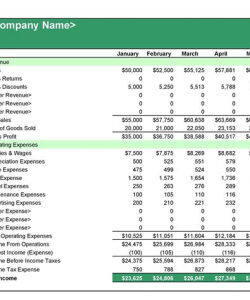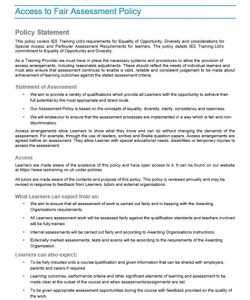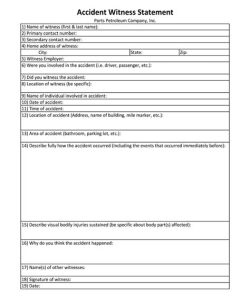Understanding the intricacies of income tax can be a daunting task for individuals and businesses alike. An audited income statement serves as a crucial tool for financial transparency and compliance. It not only reflects the financial performance of an entity but also ensures that all information is accurately presented for tax purposes. This document is often required by tax authorities to substantiate the income and expenses claimed on tax returns.
The preparation of an audited income statement requires meticulous attention to detail. It involves a systematic review of the company’s financial transactions over the fiscal year. This process is typically conducted by an independent auditor, who verifies the accuracy of the information and ensures that it adheres to the relevant accounting standards and tax regulations.
The significance of an audited income statement template for income tax cannot be overstated. It provides a standardized format for presenting financial data, which simplifies the auditing process and aids in the detection of any discrepancies. By using a template, businesses can reduce the likelihood of errors and omissions, thereby minimizing the risk of penalties or audits from tax authorities.
The Role of Audited Income Statements in Tax Compliance
Audited income statements play a pivotal role in tax compliance. They act as a definitive record of a company’s financial activities, which is essential for accurate tax reporting. The detailed breakdown of revenue, cost of goods sold, operating expenses, and net income provides a clear picture of the company’s taxable income.
Moreover, these statements are often required by lenders, investors, and other stakeholders who have a vested interest in the financial health of the business. They rely on the audited income statement to make informed decisions regarding investments, loans, and other financial commitments.
The process of auditing an income statement also serves as a check against fraudulent activities. Auditors assess the internal controls and accounting procedures to ensure that they are robust enough to prevent misrepresentation of financial data. This scrutiny adds an additional layer of security for all parties involved.
For businesses, maintaining an audited income statement is not just about fulfilling a legal obligation. It is about demonstrating a commitment to financial integrity and accountability. This commitment can enhance the company’s reputation and foster trust among shareholders, customers, and the broader community.
Best Practices for Creating an Audited Income Statement
Creating an audited income statement requires a thorough understanding of accounting principles and tax laws. The first step is to ensure that all financial records are complete and up-to-date. This includes invoices, receipts, bank statements, and any other documentation that supports the transactions recorded in the books.
When preparing the statement, it is important to follow a consistent accounting method, whether it is cash-based or accrual-based. This consistency allows for comparability over time and ensures that the financial information is presented in a manner that is understandable and reliable.
Utilizing an audited income statement template can streamline the preparation process. A well-designed template will include all the necessary components, such as headers for different sections, formulas for calculating totals, and notes for explaining significant items.
Once the statement is prepared, it should be reviewed by an auditor. The auditor will examine the financial records, test the accuracy of the amounts reported, and provide an opinion on whether the statement presents a true and fair view of the company’s financial position.
Understanding the Impact of Income Tax on Financial Statements
Income tax has a direct impact on the financial statements of a company. It affects the bottom line and, consequently, the amount of profit that can be reinvested in the business or distributed to shareholders. Therefore, it is essential to understand how income tax is reflected in the audited income statement.
Tax expenses are recorded in the income statement and can significantly affect the net income. These expenses are based on the taxable income, which may differ from the accounting income due to temporary differences, permanent differences, and tax credits.
It is also important to consider deferred tax assets and liabilities, which arise from differences between the timing of income recognition for accounting and tax purposes. These deferred taxes must be accounted for to ensure that the financial statements accurately reflect the company’s tax obligations.
Finally, the audited income statement should disclose any contingencies or uncertainties related to income tax. This includes potential disputes with tax authorities, changes in tax laws, or other events that could affect the company’s tax liability.
In conclusion, an audited income statement template for income tax is an indispensable resource for ensuring compliance and transparency in financial reporting. It facilitates the preparation of accurate and reliable financial statements that meet the requirements of tax authorities and other stakeholders. By adhering to best practices and understanding the impact of income tax on financial statements, businesses can maintain their financial integrity and support their strategic objectives.
The use of such a template reflects a proactive approach to financial management. It underscores the importance of precision and accountability in the realm of taxation and finance. As businesses continue to navigate the complexities of tax regulations, the audited income statement stands as a testament to their dedication to upholding the highest standards of financial reporting.



